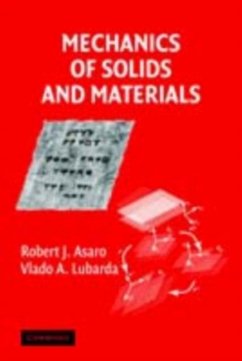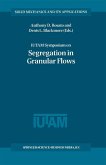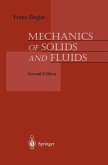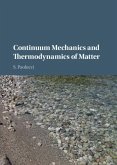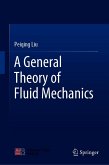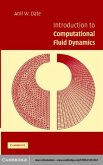Mechanics of Solids and Materials intends to provide a modern and integrated treatment of the foundations of solid mechanics as applied to the mathematical description of material behavior. The 2006 book blends both innovative (large strain, strain rate, temperature, time dependent deformation and localized plastic deformation in crystalline solids, deformation of biological networks) and traditional (elastic theory of torsion, elastic beam and plate theories, contact mechanics) topics in a coherent theoretical framework. The extensive use of transform methods to generate solutions makes the book also of interest to structural, mechanical, and aerospace engineers. Plasticity theories, micromechanics, crystal plasticity, energetics of elastic systems, as well as an overall review of math and thermodynamics are also covered in the book.
Dieser Download kann aus rechtlichen Gründen nur mit Rechnungsadresse in A, B, BG, CY, CZ, D, DK, EW, E, FIN, F, GR, HR, H, IRL, I, LT, L, LR, M, NL, PL, P, R, S, SLO, SK ausgeliefert werden.

